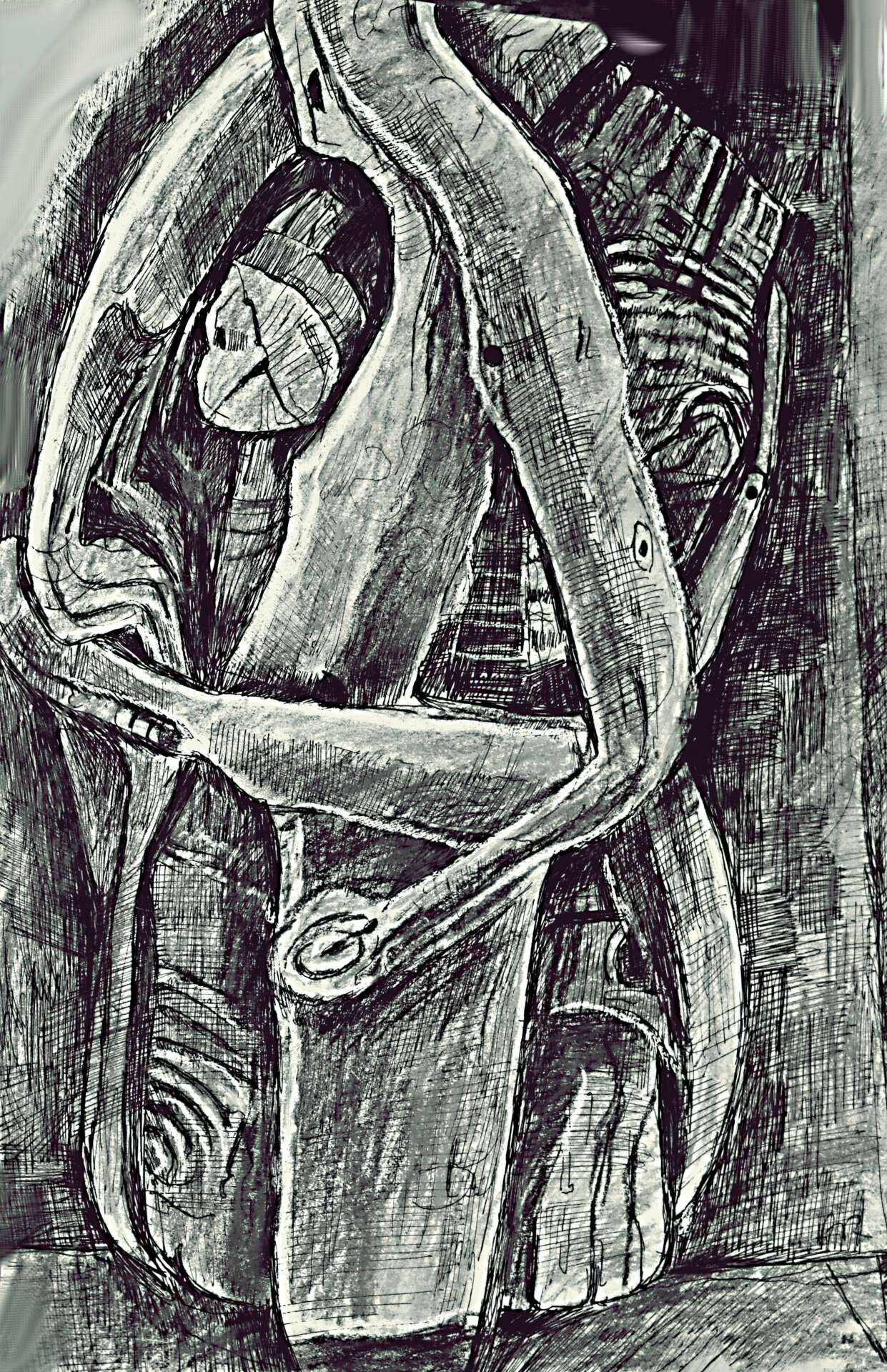We caught up with the brilliant and insightful Ann Rigby a few weeks ago and have shared our conversation below.
Ann, looking forward to hearing all of your stories today. What did your parents do right and how has that impacted you in your life and career?
My parents always encouraged me from a very young age to pursue my art, drawing and painting, especially as painting and drawing had always been part of the family tradition. My father, when he was alive, always supplied me with pastels, pencils, cartridge paper, boards and art materials. He wanted me to go to art college, make cards from my work or exhibit my drawings. My mother continues to support my artwork, by buying me pastels and pencils and always positively responding to my work.


Awesome – so before we get into the rest of our questions, can you briefly introduce yourself to our readers.
I am an autistic and introspective person and have always loved drawing. Throughout my life, I have suffered from severe anxiety and agoraphobia, and for me, expressing my thoughts by drawing and using pastels has been major therapy for me. I enjoy the process and often work organically. I don’t always have a plan but let my work evolve gradually. I have always had a good support network and have been encouraged to pursue art courses, such as a foundation course in art and design, an access course to higher education which led me to a degree course in Fine Art where I received a BA (Hons). I have been pleased to have had work accepted in exhibitions such as the Royal West of England Academy and the Exeter Pheonix gallery.


Let’s talk about resilience next – do you have a story you can share with us?
In 2021, I was diagnosed with early stage breast cancer, and after this, I suffered from something like Post Traumatic Stress Disorder, where functioning on a daily basis filled me with overwhelming fear, panic attacks that led to hyperventilation attacks. I also had disturbing thoughts that made me permanently restless and frequently felt like I was losing my mind. These feelings persisted at a high level for about 2 years. During that time, I did my best to fight these feelings and put that energy into my drawing no matter how I struggled. I needed to prove to myself and others that I could still draw, despite what was happening and gradually moved through the dark rollercoaster of my thoughts.


For you, what’s the most rewarding aspect of being a creative?
The most rewarding aspect of being creative is to convey thoughts and feelings through drawing, sketching and making paintings. I generally work on older drawings which I observe carefully. After that, I visualize what I would like to create and transform them into something entirely new while experimenting with different techniques. I don’t complete a painting or drawing until I am happy with it. It’s also very rewarding to receive positive comments and responses from others on social media.




